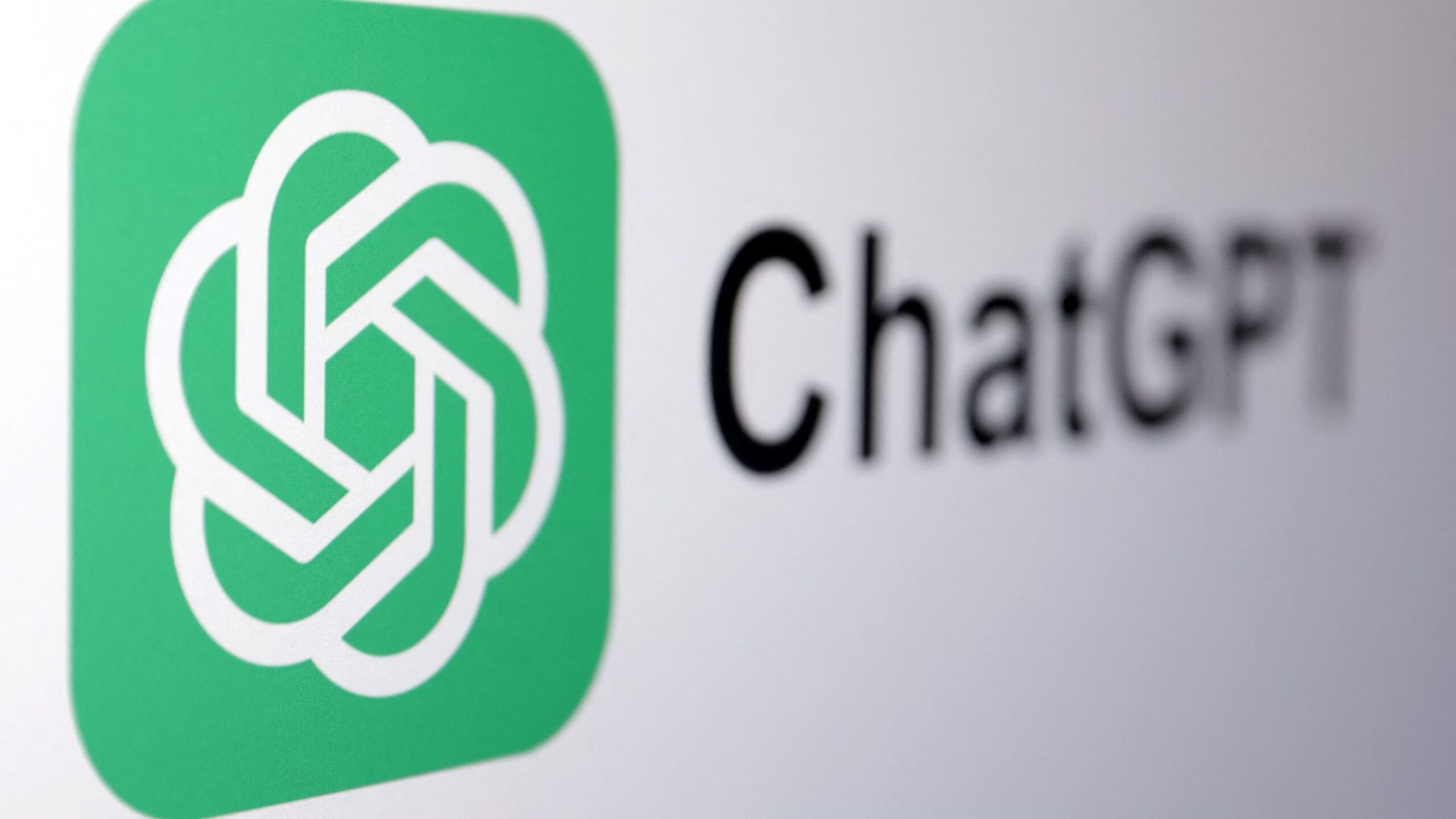New image generator ChatGPT 4.0 model has just added a new image generator feature. This update greatly improves the text extraction feature especially working with text in images. This new development has ignited all kinds of curiosity and panic. Unfortunately, users are already abusing the tool to generate phony restaurant receipts. OpenAI—the company behind ChatGPT, the most widely known generative AI chatbot—encourages users to “unleash their creativity.” Yet, simultaneously, it takes draconian measures to crack down on any fraudulent behavior.
Instances of Misuse and Non-Fraudulent Uses
The advanced capabilities of the new image generator have allowed users to experiment with creating fake receipts for various scenarios. Other non-fraudulent uses have been found, including creating receipts featuring food or drink stains for artistic work. Instances of misuse have already surfaced. One intrepid LinkedIn user posted a vibrant, crinkly AI-generated receipt falsely purporting to be from a regional chain of cafés in France. At the same time, over on X, Deedy Das shared the phony receipt for a San Francisco steakhouse.
TechCrunch put the new tool through its paces and was able to create a synthetic receipt for an Applebee’s in San Francisco. The receipt generated by the website had small issues like replacing the period with a comma for the total. OpenAI is concerned about the potential for abuse, in spite of these limitations. The organization explicitly forbids all types of fraudulent use in its rules and regulations.
OpenAI’s mission is to empower users with new creative opportunities. In the interest of full transparency, all images created by ChatGPT contain metadata that shows they were produced by the AI. This new measure aims to better detect AI-created images to avoid their use in possible fraudulent activities. OpenAI likewise says that it has systems in place to detect when its policies are being violated, to protect against misuse of the tool.
What The Author Thinks
The increasing misuse of advanced AI tools such as ChatGPT’s image generator underscores the need for stricter regulations and more robust safeguards. While the tool has great creative potential, the ability to produce misleading and fraudulent content is a serious concern. OpenAI’s efforts to track and disclose AI-generated content are essential steps, but they must continue to evolve to prevent widespread abuse and maintain trust in their technology.










